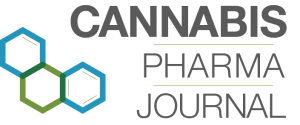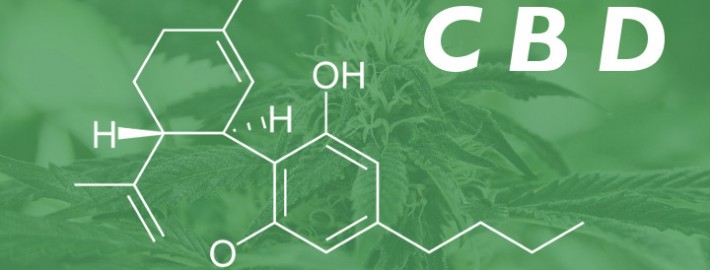AHPA Publishes Recommendations of Cannabis Oversight for Regulators
The American Herbal Products Association (AHPA) recently announced that it has published recommendations for regulators, providing an oversight framework that promotes best practices for cannabis production and distribution from seed to consumption.
The Association’s recommendations address issues related to the safe use and responsible commerce of products derived from cannabis species that are being legally marketed. The recommendations, issued by AHPA’s Cannabis Committee, have been considered by many states in their development of state medical cannabis program regulations including Illinois, Massachusetts, Nevada and Oregon. The recommendations are also the foundational documents for the Americans for Safe Access (ASA) Patient Focused Certification Program, a third-party certification program that helps ensure the quality and consistency of medical cannabis products and services.
Thirty-five states have laws specific to medical cannabis or cannabidiol (CBD), a marijuana derivative, according to NORML, an organization working to legalize marijuana for adults. Colorado and Washington have also legalized the drug for recreational use. However, at the federal level marijuana is still considered illegal under the Controlled Substances Act. In 2010, AHPA chartered a Cannabis Committee to address issues created by the legalization of cannabis in several states.
“AHPA encourages regulatory authorities in states and local municipalities where use of cannabis is allowed under local law to adopt these recommendations in order to promote the responsible commerce of this important botanical,” said AHPA cannabis committee chair Tim Smale, founder and executive director of the nonprofit Remedy Compassion Center in Maine. “These best practice recommendations provide a framework for the oversight of cannabis production and distribution practices from seed to consumption.”
The Association developed recommendations to address four operational stages of cannabis production and distribution including cultivation and processing operations, manufacturing and related operations, laboratory operations and dispensing operations.
Source: American Herbal Products Association
Last updated: 9/11/14; 3:35pm EST



